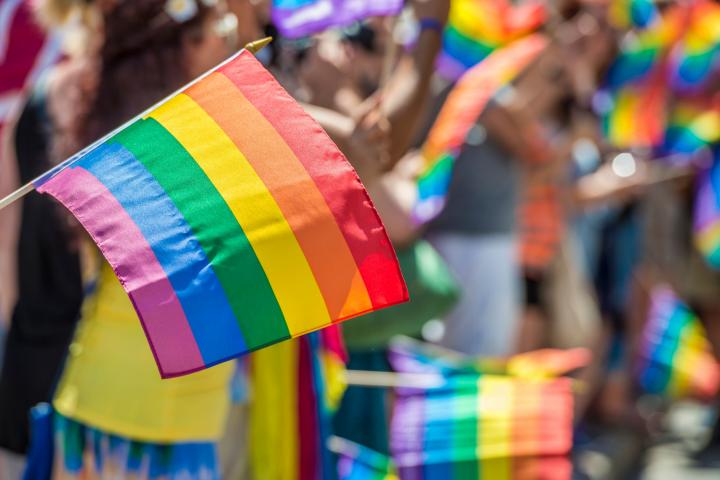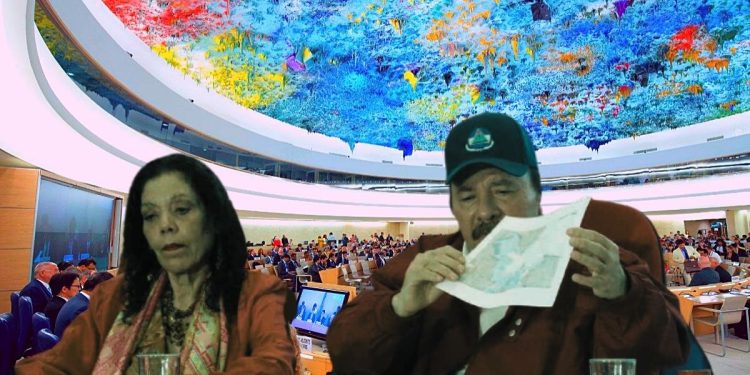The Plenary of the Supreme Court of Justice declares that the phrase “between a man and a woman”, contained in article 26 of the Family Code of the Republic of Panama, nor the expression “persons of the same sex” are not unconstitutional. ”, included in precept 34, numeral 1, also of the Family Code of the Republic of Panama, in a ruling dated February 16, 2023.
The Supreme Court of Justice also declares that article 35 of Law No. 7 of October 2015, which subrogates Law No. 7 of May 8, 2014, which adopts the International Private Law Code of the Republic of Panama, whose text is as follows: “Marriage between individuals of the same sex is prohibited.”
Under the presentation of magistrate María Eugenia López Arias, the Plenary concluded that “the norms that provide that marriage must be arranged voluntarily between a man and a woman, legally capable of uniting, and doing, and sharing a life in common, and the that concomitantly prohibit people of the same sex from marrying each other (article 34, numeral 1 of the Family Code and 35 of the Private International Law Code), are objectively and reasonably justified in the general interest to give prevalence to those unions with the potential to establish families, give continuity to the human species and, therefore, to society”.
The ruling indicates that there is a reality, and that is that, until now, the right to equal marriage is no more than an aspiration that, although legitimate for the groups involved, has no category of human right or fundamental right, being that lacks conventional and constitutional recognition.
It adds that something that should be clear is that the Supreme Court of Justice, as guardian and interpreter of the National Constitution, does not have the power to decree or proclaim fundamental rights that are not positivized and influence the effectiveness and validity of the normative content of the Constitution. constitutional text, no matter how many changes occur in reality, even when these have sufficient entity to produce a constitutional mutation.
This ruling had six votes in favor of judges Carlos Alberto Vásquez Reyes, Cecilio Cedalise Riquelme, María Cristina Chen Stanziola, Miriam Cheng Rosas, Maribel Cornejo Batista and Ariadne Maribel García Angulo; a reasoned one from Judge Olmedo Arrocha Osorio, and the saving vote of Judge Angela Russo de Cedeño.




